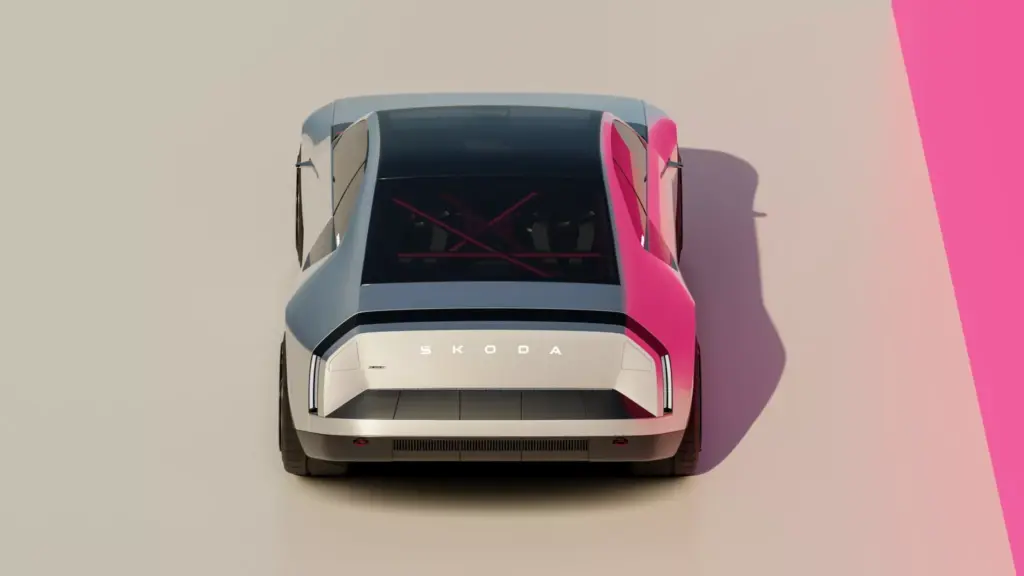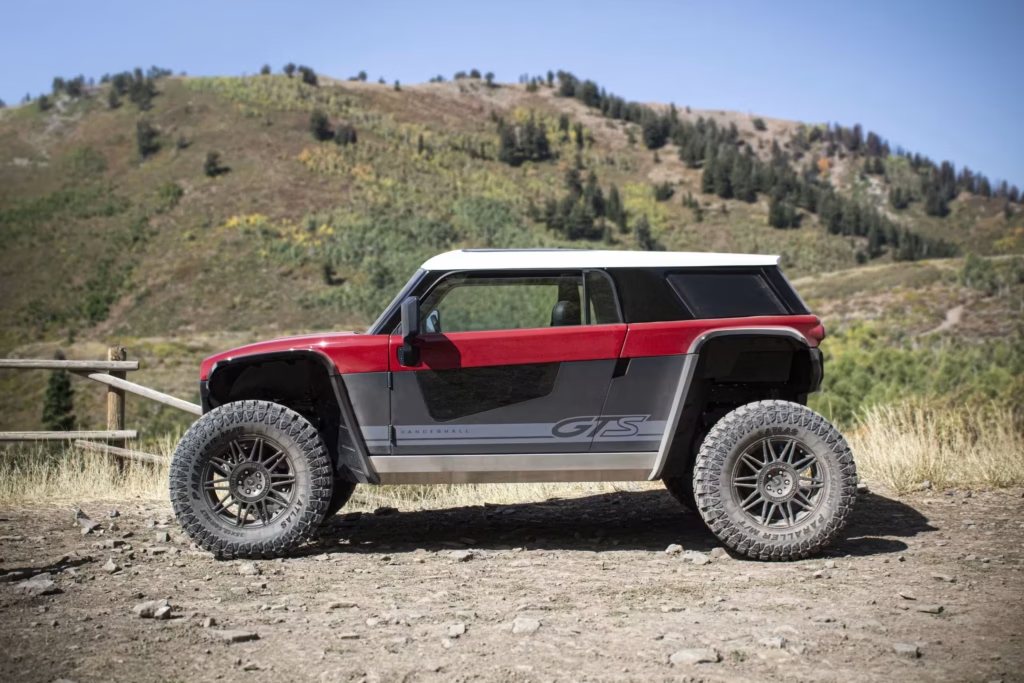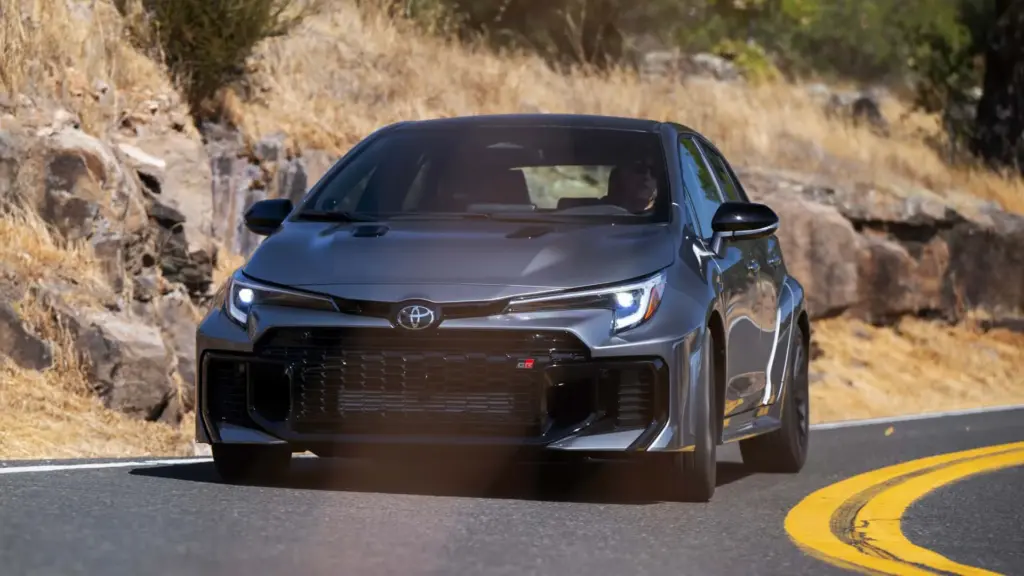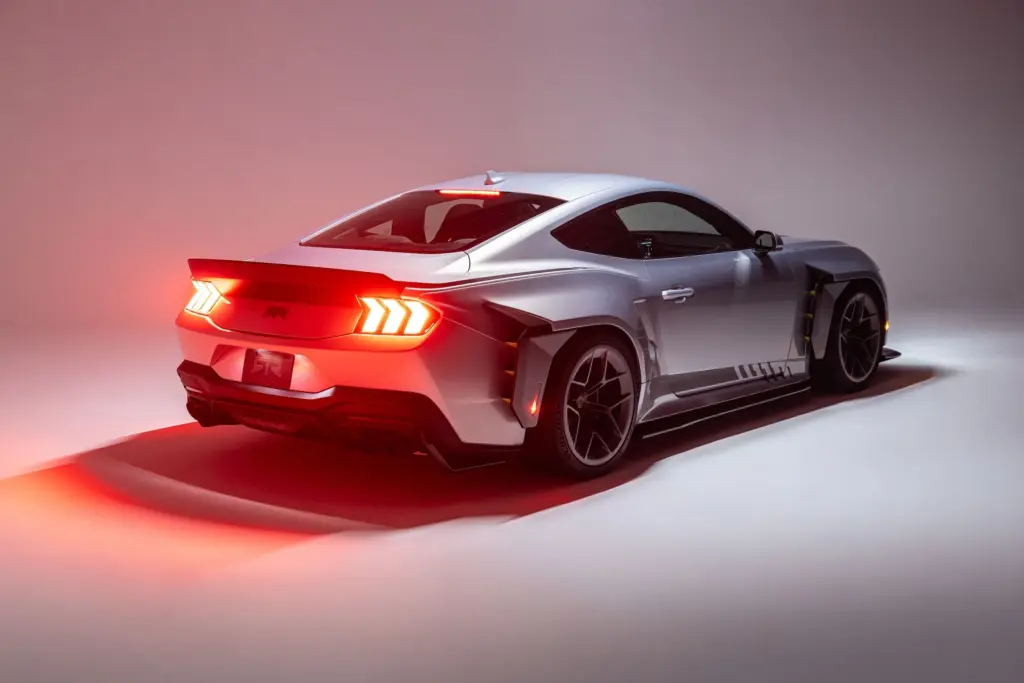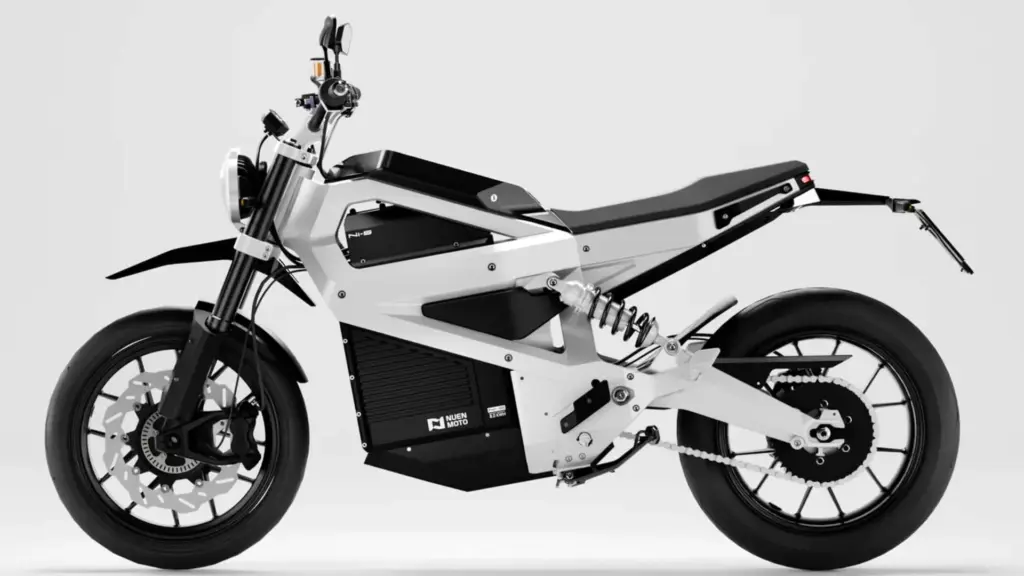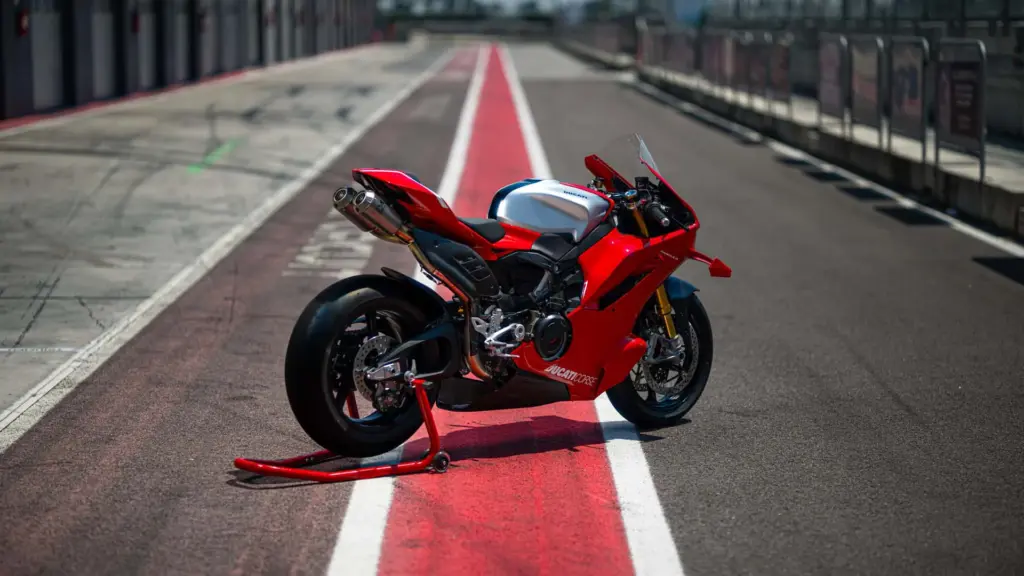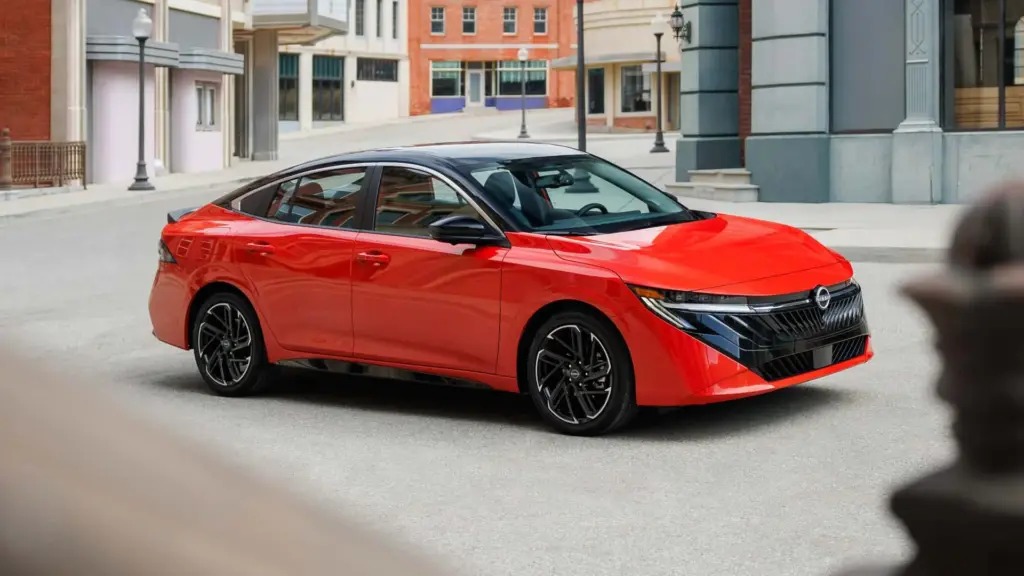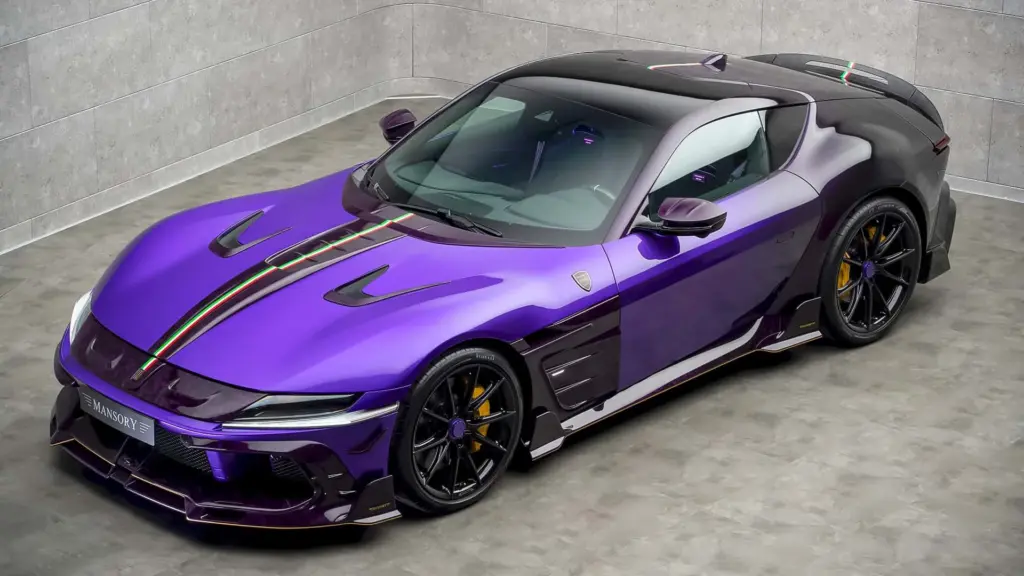What a way to start the year for Marcopolo! The Brazilian bus body manufacturing giant has shown that its strength knows no borders, registering an impressive performance in its international operations in the first quarter of 2025. Although total production saw modest growth, the real highlight was the leap in revenue coming from abroad.
Overall Performance: Solid Growth in Q1 2025
In the consolidated first quarter of 2025, Marcopolo produced a total of 3,294 units. This represents a slight increase of 1% compared to the same period last year, indicating stability in overall production. Of this total, most—2,748 units—came from Brazilian factories, while 546 were produced in international facilities.
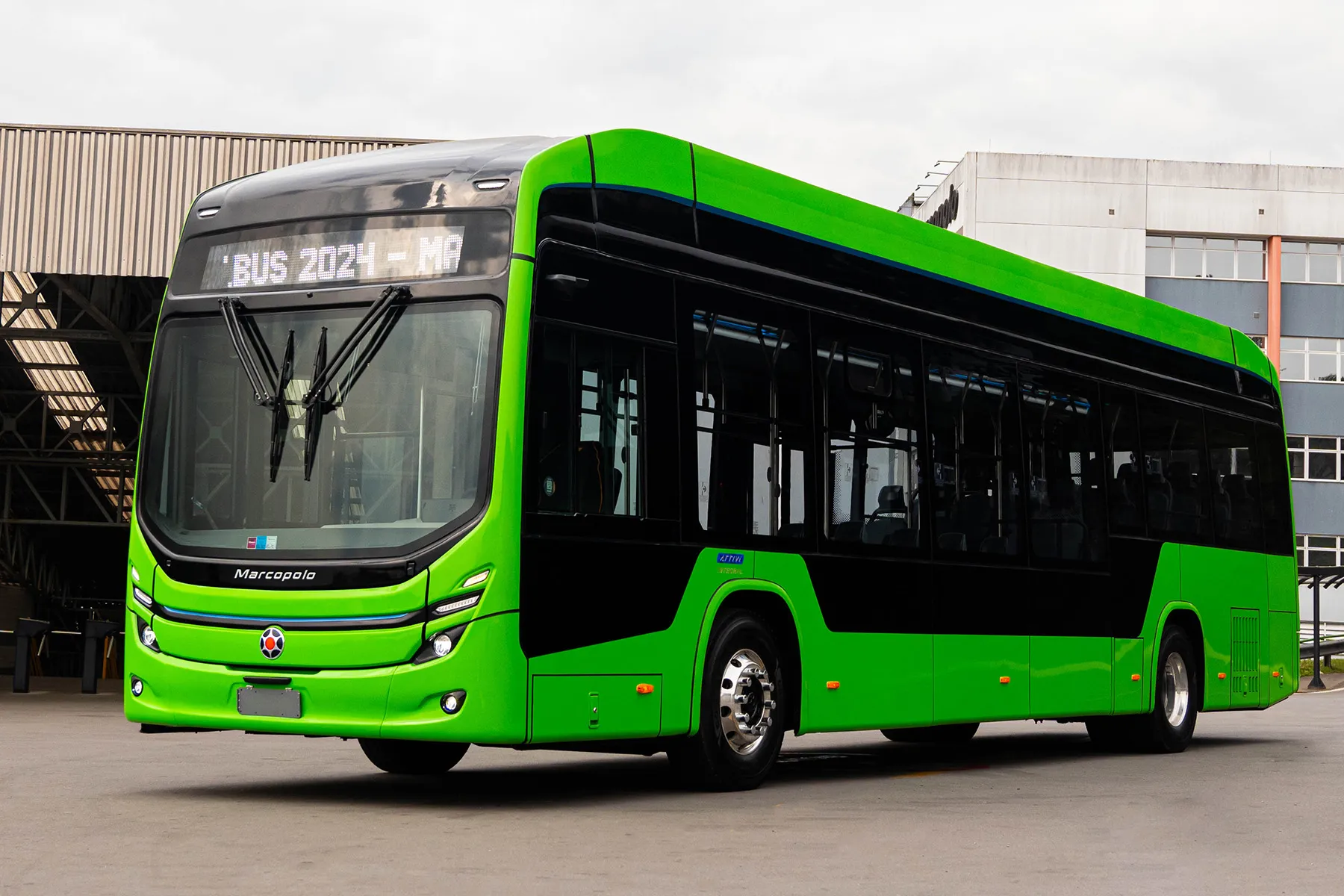
This production volume translated into consolidated net revenue of BRL 1.7 billion (approximately USD 340 million). The increase was 1.3% compared to Q1 2024— a figure that might seem modest at first glance but hides the strength coming from outside Brazil. The revenue stability reflects a focused sales mix this quarter, centered on highway models for charter service, light urban buses, minibuses, and the versatile Volare models.
An important milestone during the period was the delivery of 32 Attivi electric bus bodies to the city of São Paulo. These deliveries are part of a larger batch, signaling the company’s commitment to electrification and the expectation of additional volumes throughout 2025— a crucial move toward decarbonizing urban transport.
International Spotlight: Exports and Global Operations
This is where Marcopolo truly shined! Net revenue from international operations saw a spectacular 68% jump in Q1 2025 compared to Q1 2024. This robust growth demonstrates the company’s increasing relevance and success with strategies outside Brazil. Markets like Argentina (through Metalsur) showed significant potential, especially in the highway vehicle segment.
Subsidiaries on other continents didn’t lag behind. Volgren in Australia, Polomex in Mexico, and MASA in South Africa continued to identify and seize strong business opportunities, solidifying Marcopolo’s global presence. This international performance is vital, placing the company in a strategic position in markets where it faces heavyweight competitors such as Scania with its robust solutions for heavy transport.
In addition to growth in foreign operations, exports from Brazil also had a remarkable performance. Export net revenue surged an impressive 86.3% during the quarter. This highlights Marcopolo’s ability to meet diverse global needs with products manufactured in Brazil—a complex logistical challenge that the company appears to be overcoming, underscoring the importance of adapting vehicles for different realities, as seen in concepts like the Mercedes-Benz Vision V, which explores new ideas for vans.
Focus on Innovation and Decarbonization: The Electric Path
The delivery of the Attivi electric buses in São Paulo is just the tip of the iceberg. Marcopolo is clearly investing in the future of mobility, centered on decarbonization. The company foresees “good opportunities for 2025, with growth in deliveries of higher value-added products,” according to Pablo Motta, the company’s CFO. Pursuing business focused on cleaner transport is a strategic priority.
Coupled with this, the company plans to continue investing internally in industrial automation and continuous improvement of its existing products. This bet on technology and innovation is key to maintaining competitiveness. Delivering the Attivi electric buses is a crucial step aligned with global trends where fast-charging battery technology is becoming increasingly vital to electric fleet viability.
This focus on decarbonization reflects a broader movement in the automotive sector, impacting everything from urban buses to passenger vehicles, as seen in the launch of electric SUVs exemplified by the Blazer EV SS, demonstrating that electrification is a cross-cutting trend.
Key Future Investments by Marcopolo
- Higher value-added products
- Business focused on decarbonization
- Internal industrial automation
- Improvements to existing products
Impact of Programs and Detailed Financial Results
In the domestic market, the federal “Caminho da Escola” (“Path to School”) program continued to boost sales, especially in the minibus and Volare segments. In the first quarter of 2025, 692 vehicles linked to the program were delivered (523 minibuses and 169 Volare units), related to a 2023 tender. The expectation is that these deliveries will remain steady throughout the year, contributing positively to the company’s performance.
On the financial side, consolidated gross profit reached BRL 384.3 million (approximately USD 77 million) in Q1 2025, with a gross margin of 22.9%. This was a slight decrease compared to BRL 385.3 million (USD 77.3 million) and a 23.3% margin in Q1 2024. EBITDA (earnings before interest, taxes, depreciation, and amortization) was BRL 262 million (about USD 53 million), with a 15.6% margin, compared to BRL 315.4 million (USD 63 million) and 19% margin in the same period last year. This reduction in margins may reflect changes in product mix or cost pressures, common in the industrial sector, as noted by analyses from the National Association of Motor Vehicle Manufacturers (ANFAVEA).
Key Financial Indicators (Q1 2025 vs. Q1 2024)
| Indicator | Q1 2025 | Q1 2024 |
|---|---|---|
| Net Revenue | BRL 1.7 Billion (≈ USD 340M) | BRL 1.68 Billion (≈ USD 336M) |
| Gross Profit | BRL 384.3 Million (≈ USD 77M) | BRL 385.3 Million (≈ USD 77.3M) |
| Gross Margin | 22.9% | 23.3% |
| EBITDA | BRL 262 Million (≈ USD 53M) | BRL 315.4 Million (≈ USD 63M) |
| EBITDA Margin | 15.6% | 19.0% |
Marcopolo: A Global Mobility Giant
With 75 years of history, Marcopolo—founded in Caxias do Sul (RS)—has established itself as the leader in bus body manufacturing in Brazil and ranks among the largest worldwide. Its industrial presence across five continents allows its vehicles to operate in over 140 countries, a testament to its adaptability and global reach. The international growth strategy appears to be yielding significant results, as recent figures demonstrate.
The company reaffirms its commitment to the future of mobility—not just by producing buses but by continuously investing in improvement, technology, design, and expansion. The development of new transportation modes and solutions for public passenger transport is at the core of its vision, detailed on its official website. Electrification, exemplified by the Attivi, is a fundamental part of this journey.
Frequently Asked Questions (FAQ)
- What mainly drove Marcopolo’s international growth in Q1 2025?
The growth was driven by a significant 68% increase in net revenue from foreign operations (Argentina, Australia, Mexico, South Africa) and an 86.3% rise in exports from Brazil. - How important are the Attivi electric buses for Marcopolo?
They represent the company’s commitment to decarbonization and innovation, meeting the growing demand for sustainable public transportation, especially in large urban centers like São Paulo, which has ambitious fleet electrification goals reported by outlets such as the Diário do Transporte. - How has the Caminho da Escola program impacted results?
The federal program positively contributed to performance, especially in the minibus and Volare segments, with 692 units delivered during the quarter, maintaining a steady pace expected throughout 2025. - What are Marcopolo’s outlooks for the remainder of 2025?
The company expects growth in deliveries of higher value-added products, continued focus on decarbonization-driven business, and investments in automation and product improvements. - What is Marcopolo’s global reach?
Marcopolo has factories on five continents and vehicles operating in over 140 countries, positioning it as one of the largest bus body manufacturers in the world.
Examining the numbers, it’s clear that Marcopolo is reaping the benefits of its internationalization strategy. The marked growth in foreign revenue and exports offsets more modest advances in total volume and consolidated revenue. The decline in margins is a point to watch, but the focus on higher value-added products and electrification could reverse this trend. The commitment to decarbonization is not only a response to environmental demands but also a smart business strategy for the future of mobility.
And you, what do you think about Marcopolo’s performance and its focus on international growth and electric vehicles? Leave your comment below!
Author: Fabio Isidoro
Founder and editor-in-chief of Canal Carro, he dedicates himself to exploring the automotive universe with depth and passion. A car and technology enthusiast, he produces technical content and in-depth analyses of national and international vehicles, combining quality information with a critical eye for the public.

